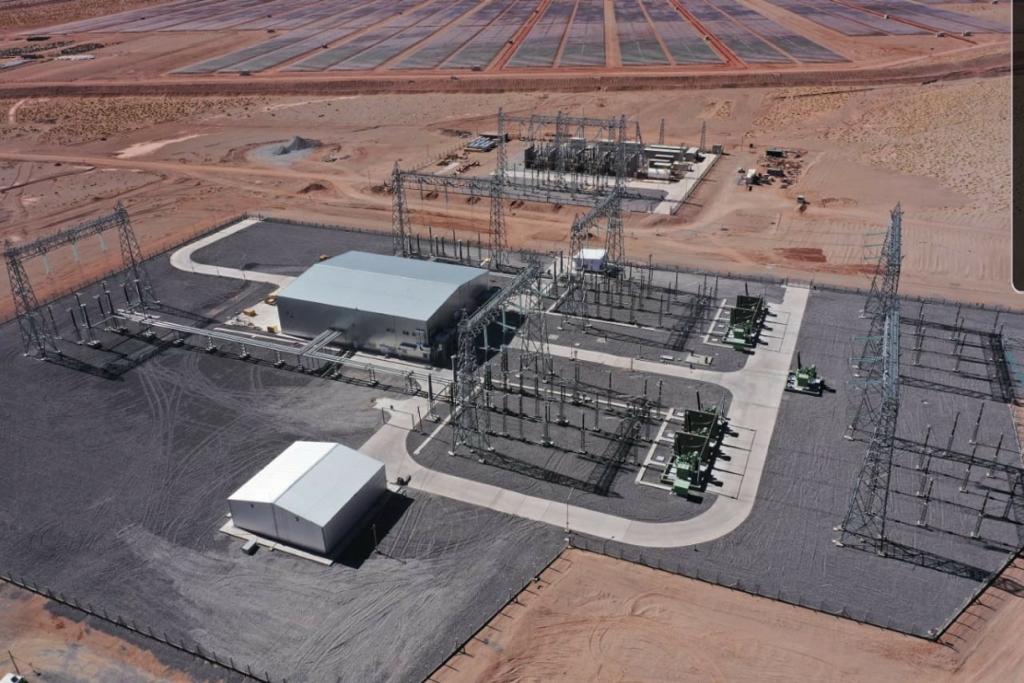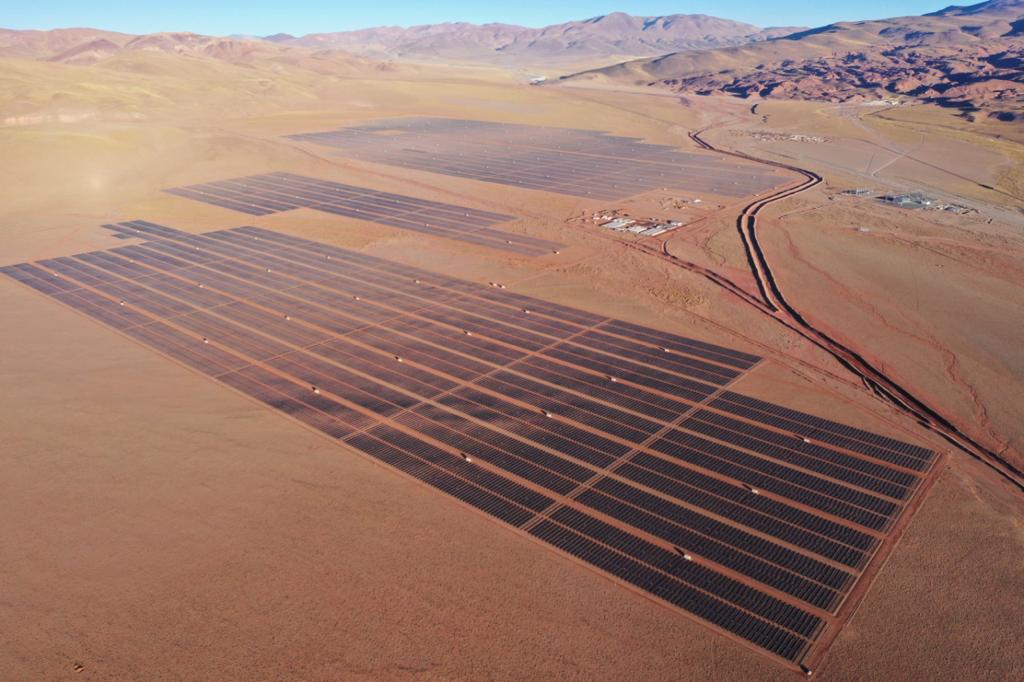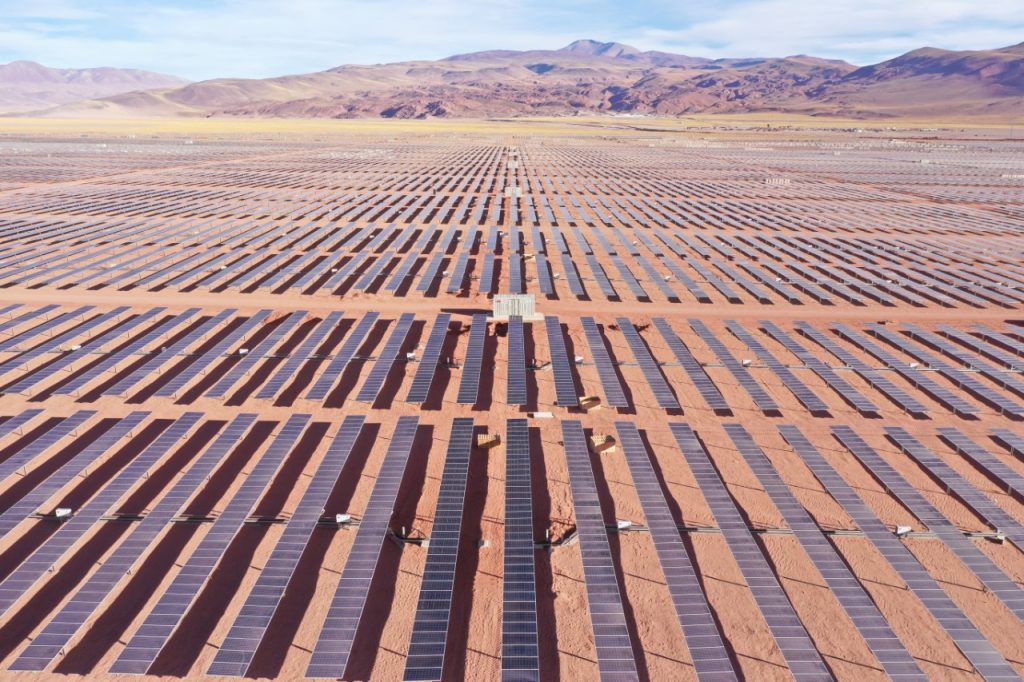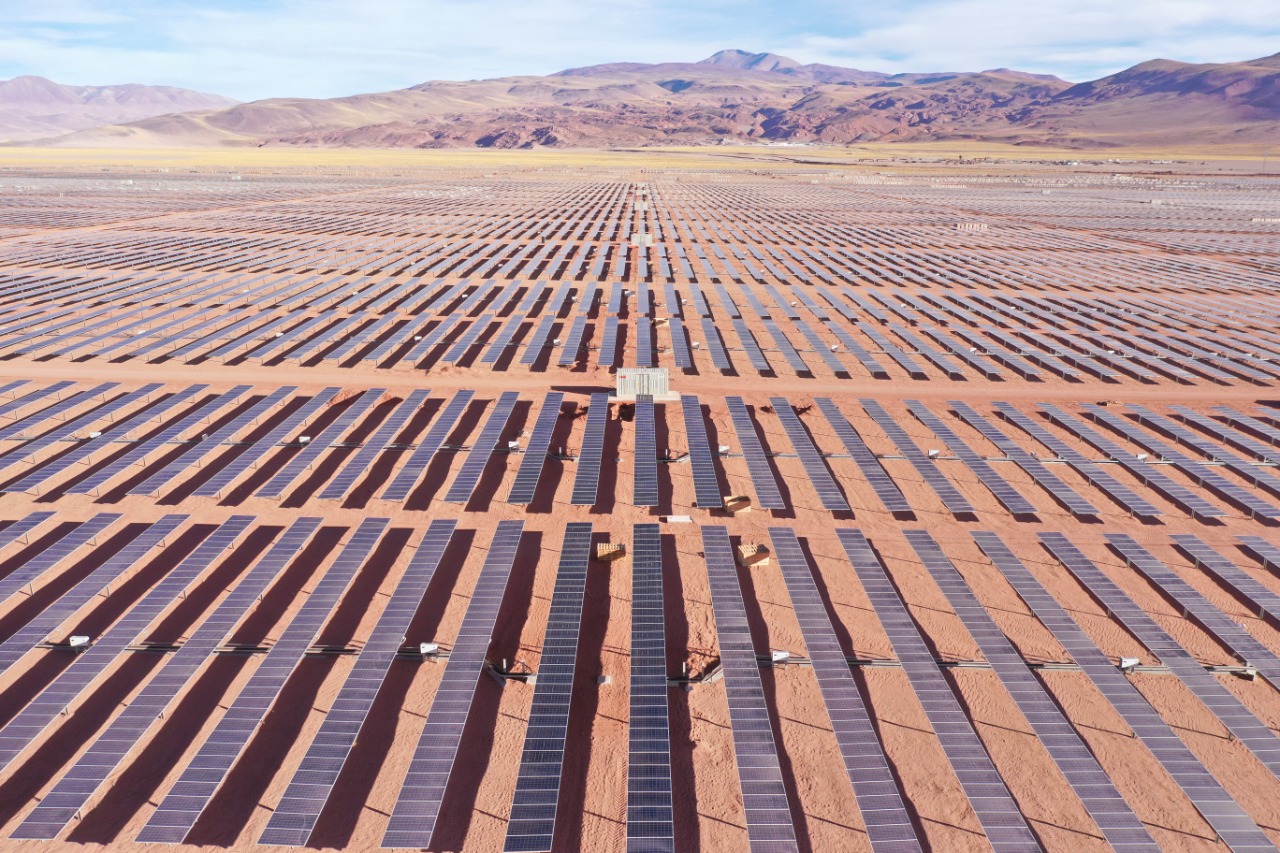PtX Hub in Argentina
Catalysing long-term defossilisation pathways through Power-to-X in Argentina
Synthetic fuels and chemicals based on renewable energy offer a promising opportunity for Argentina to accelerate its economic development. With its favourable conditions for renewable energy generation, the country can build sustainable Power-to-X markets, reduce import dependency, and create socio-economic benefits through innovative technology.
Why Argentina? Argentina is the second-largest country in South America, and natural resources are widely available. Northern Argentina boasts high solar radiation, while Patagonia offers above global average wind quality. As a country with relevant industry, Argentina’s labour force is skilled and its research and academia well-developed. In terms of hydrogen production: there is a pre-existing domestic hydrogen market utilised by the steel industry and refineries for the production of ammonia and methanol; and infrastructure-wise, ports are already operating alongside an extensive gas pipeline network that stretches over 16,000 km.
Last but not least, Argentina’s political decision-makers are deeply interested in advancing their hydrogen economy to reach their climate goals. Argentina is committed to international agreements to stop climate change and recognises hydrogen as a key element for economic development. The country has national policies in place to increase its renewable energy capacities and is currently working on a baseline to develop a National Hydrogen Strategy and inaugurating an Inter-ministerial Hydrogen Roundtable.



In Argentina, the PtX Hub works on
1. Supporting local institutions in the field of Power-to-X to promote the development of a hydrogen and Power-to-X market
- By modeling the country’s energy system and developing detailed energy transition scenarios for Argentina up to 2050. The goal is to inform how the use of green hydrogen and PtX applications can contribute to the defossilisation of energy, transportation systems and industries in the country
- Analysing various alternatives, scenarios for the allocation of Power-to-X products, such as hydrogen as a base product input to manufacture chemical and steel for export
- Developing recommendations on how to integrate the results into sector strategies
2. Supporting the Argentinian Government with technical studies
- Examining the possible socioeconomic impacts of an energy transition with green hydrogen and PtX
- Analysing the adaptations in local infrastructure required to produce and export hydrogen and PtX
- Analysing possible carbon sources for PtX
3. Preparing recommendations on the regulatory framework and public policies or for the development of a hydrogen strategy
- Analysing the regulatory framework and providing recommendations for the preparation of the National Hydrogen Strategy
- Examining possible socioeconomic effects of a transition with hydrogen
- Analysing the local infrastructure to produce hydrogen and Power-to-X
4. Supporting local institutions in the field of PtX to promote the development of a hydrogen and PtX market
- Strengthening capacities in Power-to-X and green hydrogen
5. Promoting of intersectoral and regional dialogues
- Connecting relevant actors from the academic, economic, and civil society spheres
- Integrating knowledge and exchanging experiences through the H2Lac regional platform.
If you are interested in finding out more about the PtX Hub’s work in Argentina, contact Claudia Ilting. For background information on Agora Energiewende’s contribution, click here.
